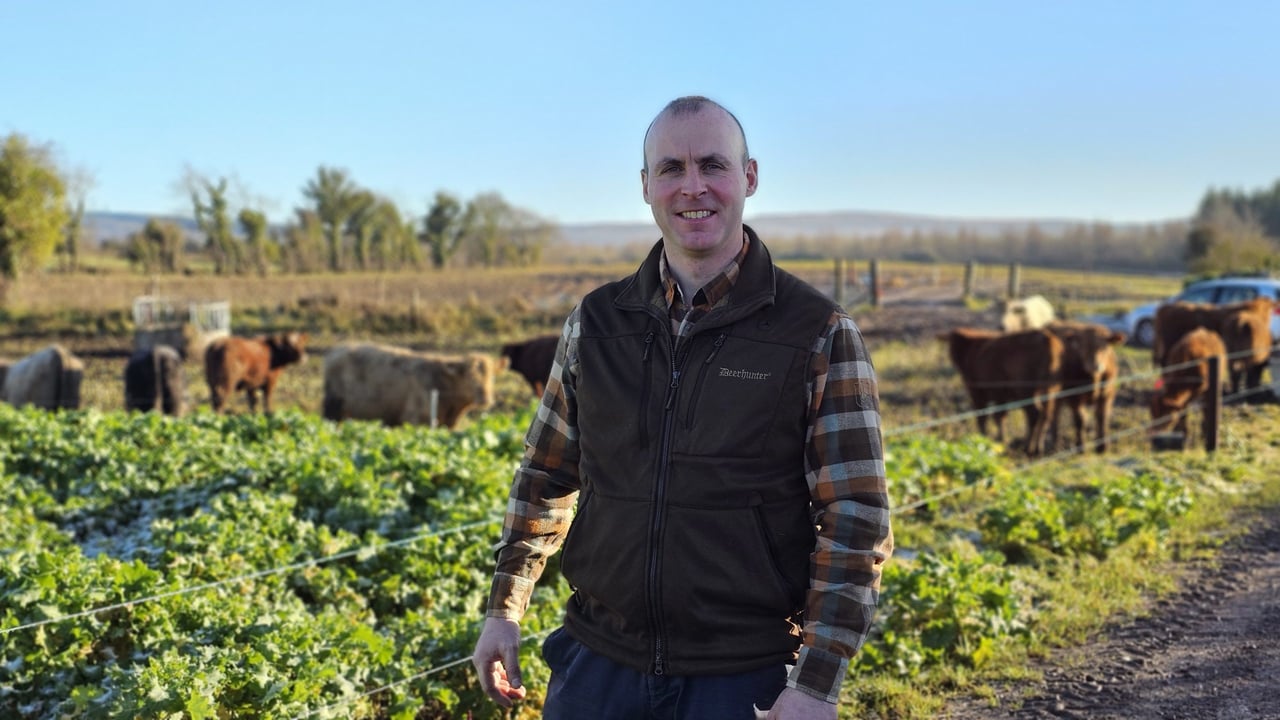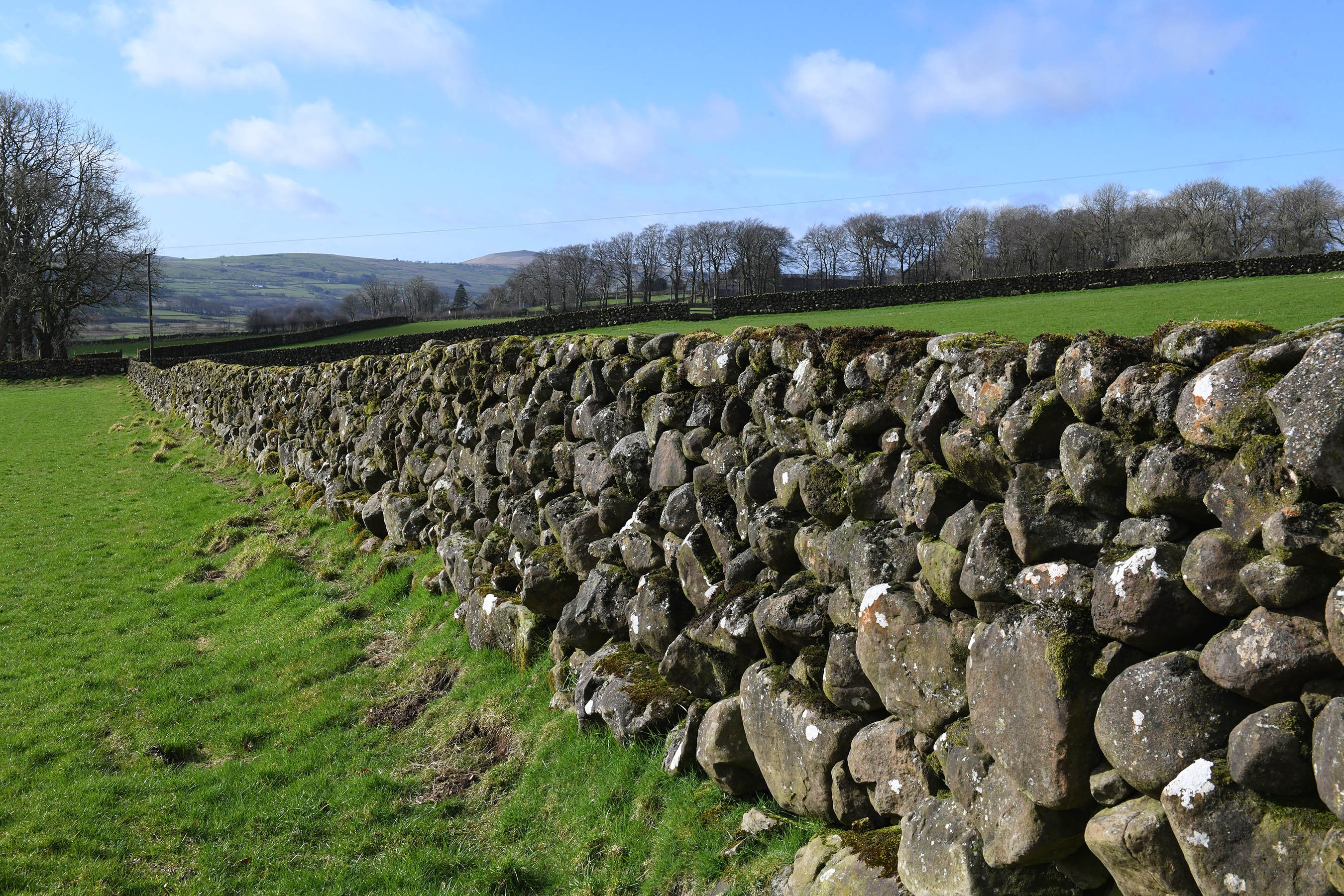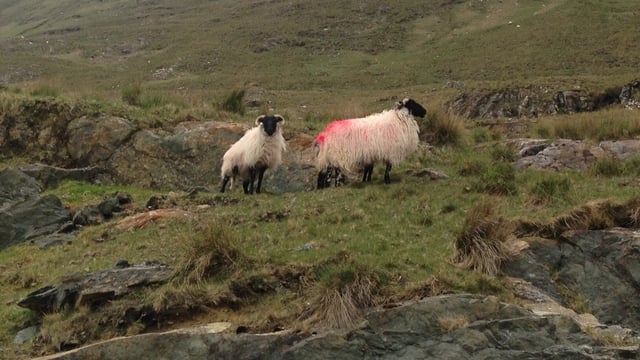'We will be the last generation to know' dry stone walls - senator
Galway-based senator, PJ Murphy, has called on the government to provide urgent financial aid to farmers to restore dry stone walls on farms in the west, which in his opinion, form an integral aspect of the landscape and the heritage of the region.
Murphy has voiced grave concerns over the future of Irish dry stone walls, many of which lie in ruin following the destruction caused by Storm Éowyn.
The Fine Gael senator for Gort-Kinvara recommended that the preservation of dry stone walls be recognised at a policy level, with grants made available to incentivise their upkeep and maintenance on a long-term basis.
Murphy said: "The vast majority of these vital walls in Ireland are located in north Clare, Galway, south Mayo, and Roscommon, and that happens to be the area worst affected by Stormy Éowyn. A huge number of stone walls were knocked down during the storm.
"Not only is there nothing now to help farmers with the reconstruction of these walls, there has been no incentive for farmers to maintain the walls all along and the maintenance of a dry stone wall is an ongoing job.
"I suppose in the past, farmers would have taken great pride in their stone walls and maybe now that a lot of farmers are getting older and there's no financial incentive to keep the walls up, a lot of farmers will just row post with wire instead and just let the wall go.
"We have to put the same financial incentive behind the maintenance of our stone walls that we have for the maintenance of our hedgerows," he added.
Like most farmers from the west, Murphy, a calf to beef farmer from the "heartland of dry stone walls" in Ardrahan, Co. Galway, grew up with an affinity for the stone structures, with their maintenance "a part of everyday life".
However, he believes we have taken stone walls "for granted" by allowing them to fall asunder without supplying adequate resources to halt their demise.
"We have to make a decision as a generation of Irish people, are we going to deal with this decline? Are we going to decide to protect the walls or are we going to lose them?" Murphy asked.
"If there isn't political will very soon, we will be the last generation to know them."
Dry stone walls roadmap
He is calling on the Minister of Agriculture and the Minister of Heritage, to engage with him to create a roadmap for the future of the iconic infrastructure, which was classified as a 'protected cultural heritage' by UNESCO in December 2024.
"At a very minimum, the cost of maintenance needs to be covered by some kind of a scheme and we need some kind of a pilot program to bring them back into pristine condition," he said.
"Then we need an ongoing scheme that will roll over annually to reward farmers for keeping their walls in pristine condition. I'm actually hoping to get a standalone scheme, not connected with ACRES, just to cover stone walls, that would be the ideal outcome.
"I have received an undertaking from both ministers that they will engage with me on this matter. At the moment, they're passing me from one to the other based on where the money will come from, but I'm like a dog with a bone, I won't let go of this one," Murphy asserted.
Murphy was quick to dismiss the potential establishment of training schemes which would equip farmers with the skills required to maintain the walls.
He explained that most farmers in the west are already in possession of the technical know-how, and that it was the lack of resources that was preventing farmers from undertaking the reconstruction work, not an absent skillset.
He advised that training schemes should be provided for local councils though, to ensure councils are informed about dry stone wall conservation, particularly when conducting roadworks.
"I heard the minister for heritage talking about pilot projects and training schemes but we're looking at 400,000km of stone walls across the west, that's something that would have to be done by the farmers themselves with the assistance of some casual labour," Murphy said.
"Now where training schemes may have a role to play is with local authorities. We have lots of examples of local authorities widening roads at line junctions, things like that, where they have taken out roadside stone walls and simply replaced them with chain link fences.
"That's absolutely not tolerable," he added.






